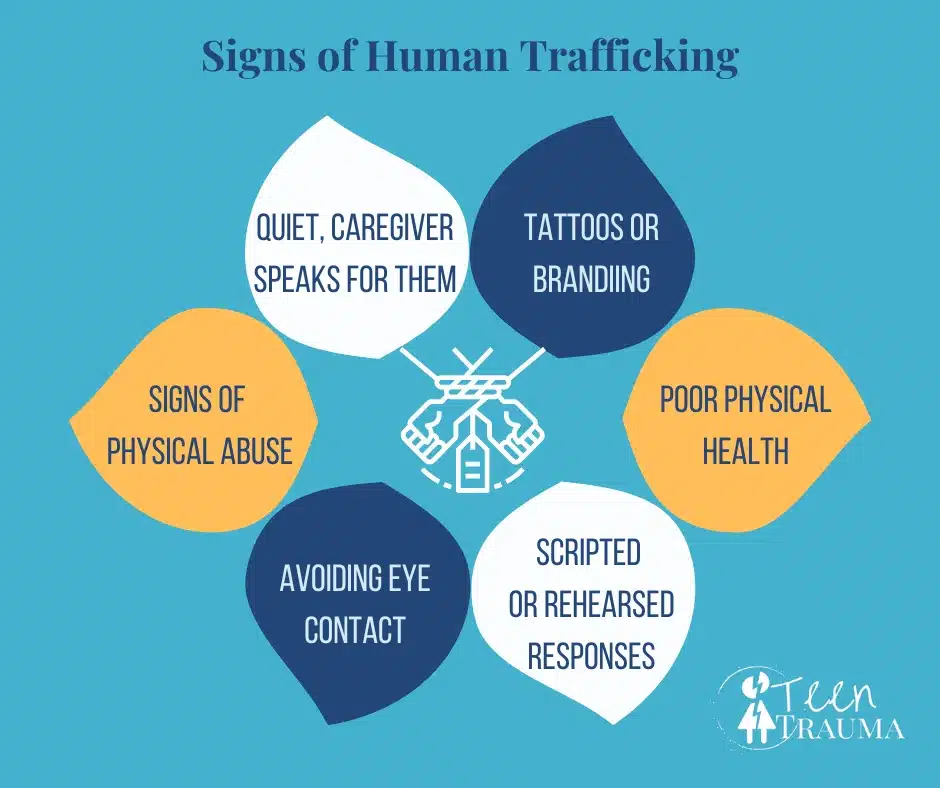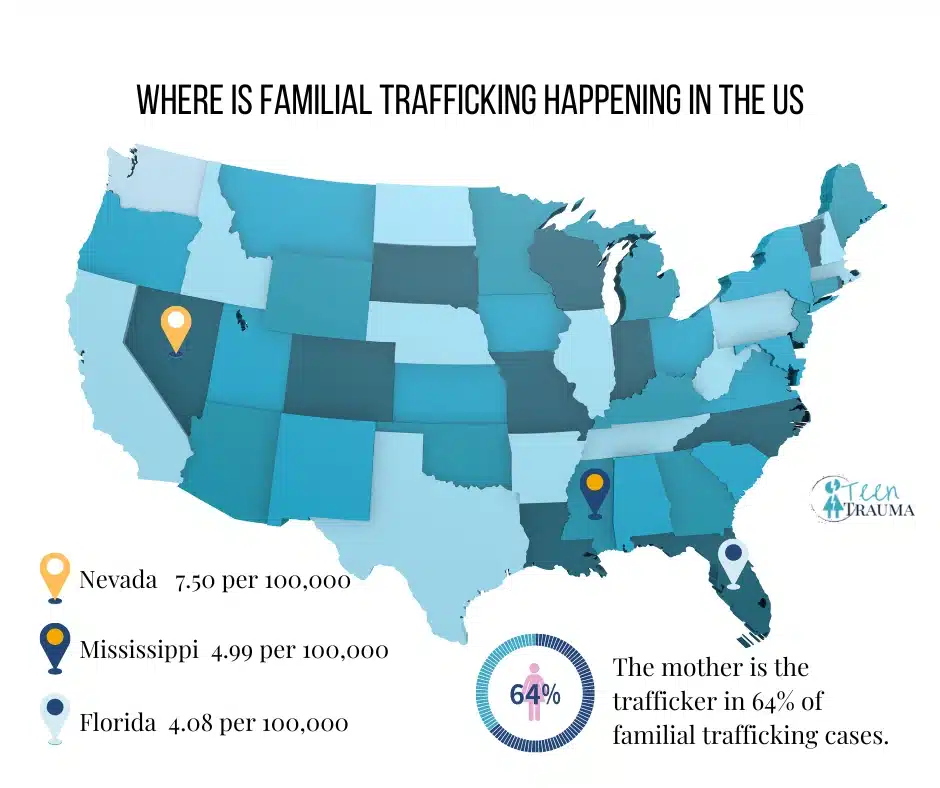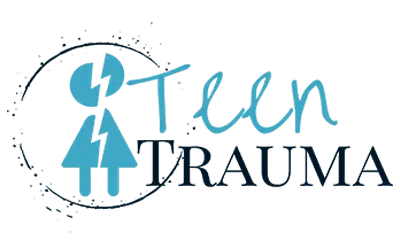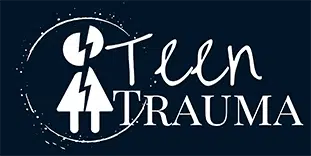Familial Trafficking: The Trauma of Being Sexually Trafficked by a Family Member
It is no secret that sexual trafficking cases are on the rise. For many of the victims, people they don’t know exploit them for some gain. However, imagine if you were a child and the people in your own family—the people you trust the most—are the people responsible for exploitation. Unfortunately, familial human trafficking of children is more common than most people know.
What Is Familial Trafficking?
Human trafficking usually evokes an image of a stolen or kidnaped child that is being forced into exploitation by strangers. However, in many cases, the individual responsible for trafficking the child is actually someone the child knows very well.
Familial trafficking is a type of child sex trafficking that involves a family member sexually exploiting a child in exchange for some gain, such as money, services, substances, or otherwise.
The trafficker may be a parent or direct caregiver such as a stepparent or grandparent, as well as someone from their extended family like an aunt or uncle, cousin, or even older sibling. It is also not uncommon for the trafficker to be somewhat of a family friend or someone that simply has an ongoing part in the child’s life.

What Are the Signs of Familial Tracking?
In general, the signs of familial human trafficking can be similar to signs related to child sex trafficking by a non-relative. However, when the trafficker is a family member, the signs of abuse can be much harder to spot. The trafficker is oftentimes a primary caregiver for the child.
Therefore, the child’s reliance on the caregiver and natural loyalty to that individual can make it less likely that they will speak up and more likely that the child will try to conceal signs of abuse.
More general signs of human trafficking that can still apply in familial trafficking situations can include:
-
- Visible signs of physical injuries, such as cuts and bruises
-
- Avoiding direct eye contact in social situations
-
- Caregivers that don’t allow a child to speak for themselves in conversation
-
- Offering what seems to be rehearsed or scripted responses when asked questions
-
- Poor physical health, possibly malnourishment
-
- Branding, tattoos, or other bodily markings

Who Is Most at Risk?
Familial trafficking is most prevalent in impoverished rural communities. Oftentimes, the child is exploited to gain money for the family member, but the child may also be exploited in exchange for paid rent. Nevertheless, familial trafficking can occur in all types of socioeconomic settings.
Some research indicates that children who have been a victim of family member trafficking are most often involved in child welfare systems or some level of social services. It is not uncommon for children who have been victimized to have prior issues with the following:
-
- Truancy
-
- Law enforcement
-
- Potential neglect reports
-
- Juvenile justice systems
-
- Homeless shelters
A history of doctor or emergency room visits with physical injuries or sexually-related illnesses is also common. This information seems to indicate that children who are most at risk of familial trafficking often come from abusive, neglectful, or otherwise unstable home environments. Some may already have been victimized by a direct family member before they are exploited for some level of family member gain.
Demi Moore experienced familial trafficking at 15. Her mother sold her to a man for sex, and he raped her.
Where Is Familiar Trafficking Happening?
No area is immune to familial trafficking cases, but there do seem to be some areas where these cases are more common. Unfortunately, the data regarding familial trafficking specifically is often not available, as all cases of child sex trafficking are reported as a whole in most areas.
Since familial trafficking is a factor in nearly half of all human trafficking cases, it is easy to speculate that this type of trafficking may be most prevalent in states where trafficking, in general, is a significant problem.
According to the Deliver Fund, a non-profit organization focused on ending human trafficking, the top three states for human trafficking (per capita) include:
-
- 7.50 per 100,000 – Nevada
-
- 4.99 per 100,000 – Mississippi
-
- 4.08 per 100,000 – Florida
How Prevalent is Familial Child Trafficking?
As surprising as it can be, the Counter-Trafficking Data Collaborative states that nearly 50 percent of child sex trafficking cases have some level of involvement with a family member at the onset. In fact, in 64 percent of familial trafficking cases, the child’s mother is the trafficker and is usually assisted by an exploiter who is not a relative.

The trafficking of children by family members can be more prevalent depending on the age of the child. For example, in 2019, the Federal Human Trafficking Report stated that 76 percent of victims 10 years of age and under were exploited by a member of their own families.
Why Does Familial Child Trafficking Happen?
Familial child trafficking may happen for a lot of reasons, and, unfortunately, the problem is on the rise. Some data shows that there was a 32 percent increase in the number of exploiters who were actually related to the victim between 2019 and 2020.
Some researchers believe the opioid epidemic may have a role to play in the elevated cases of familial trafficking cases. This belief is backed up by the fact that 82 percent of cases involving the mother as the exploiter trafficked the child in exchange for drugs.
National Drug-Involved Overdose Deaths*
Number Among All Ages, by Gender, 1999-2020

Why Are Certain Families Vulnerable to Trafficking?
Beyond socioeconomic factors and experiences with prior abuse, there can be other reasons certain families are vulnerable to traffic. In some cases, there is a generational or cultural aspect of familial trafficking that affects a specific family.
For example, trafficking could be viewed as the “family business” or just something that a child must do to become an adult. This kind of trafficking may span across multiple generations within the same family, which means cases are unlikely to ever be reported.
The 3 Types of Human Trafficking are sex trafficking (sexual exploitation), labor trafficking (a form of modern-day slavery), and organ trafficking. Victims are coerced, abducted, abused, and defrauded into this form of slavery. The US Department of Homeland Security estimates that 100,000-300,000 people are trafficked annually inside the United States.
Why Familial Trafficking Is Considered a Complex Trauma
Discuss the violation of trust and the effects of this trauma, and what it does to these kids. The severe trauma that results for these kids how it affects their ability to trust and their mental health.
Familial trafficking is one of the worst kinds of trauma a child can experience. The victims are exposed to trauma at the hands of people who should be looking out for their well-being. Therefore, familial child trafficking can generate severe psychological outcomes for the victim.
These children often have problems trusting others, may not wholly believe they were abused, and often face psychological problems long after the abuse.
Children in familial trafficking situations may develop several problems, including:
-
-
Psychological disorders due to abuse during key times of emotional development
-
-
-
Complex post-traumatic stress disorder (PTSD)
-
-
-
Social delays
-
-
-
Attachment disorders
-
-
-
Nightmares and flashbacks
-
-
-
Inability to see their own self-worth
-
-
-
Literacy challenges
-
-
-
Somatic health complaints, such as headaches, stomach pain, or body aches
-
Surviving Sex Trafficking and Healing the Trauma
Even though familial sex trafficking can be highly traumatic, surviving sex trafficking is possible. If you have been a victim of human trafficking, share your story of survival to help others see there is life on the other side.
https://www.ctdatacollaborative.org/
https://guardiangroup.org/familial-trafficking/
https://link.springer.com/article/10.1007%2Fs10896-018-9950-y
https://polarisproject.org/wp-content/uploads/2022/01/Polaris-Analysis-of-2020-Data-from-the-National-Human-Trafficking-Hotline.pdf
https://www.traffickinginstitute.org/wp-content/uploads/2020/05/2019-Federal-Human-Trafficking-Report_Low-Res.pdf
https://ag.nv.gov/Human_Trafficking/HT_Signs/
Navigating the Unique Complexities in Familial Trafficking
https://deliverfund.org/top-3-states-in-america-for-human-trafficking/
Resources

National Human Trafficking Hotline | Call 1-888-373-7888 |
Text 233733
Report missing children or child pornography to National Center for Missing and Exploited Children (NCMEC) at 1-800-THE-LOST (843-5678) or through their Cybertipline.










